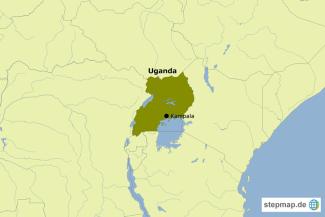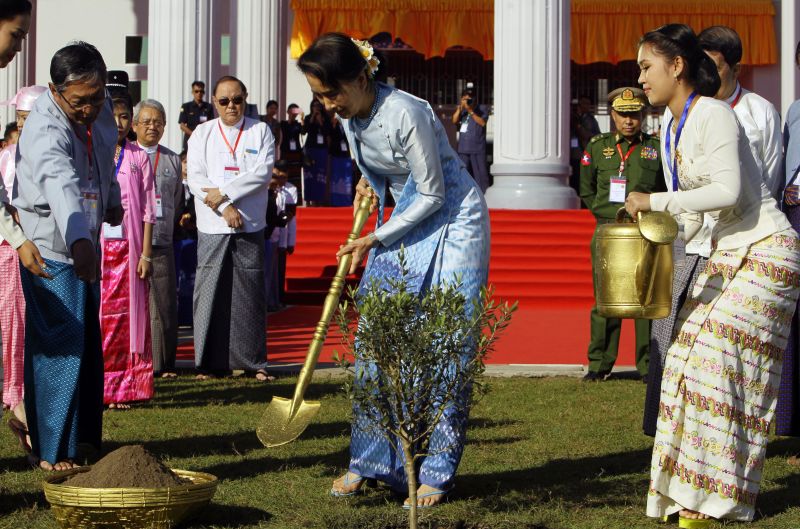Refugees
Living in anguish

Rwandan refugee Prosper Mukantwali appreciates the situation: “I freely graze peoples’ cows in order to feed my family.” 35-year-old South Sudanese Gertrude Deng tills people’s gardens in Koboko to feed her children, aged 3 to 12 years. The two older children fetch water for money. “We ran away from our home town Bentiu after an attack”, she recounts. “My husband was killed but I made it to Uganda with my children.” As the sun sets, Gertrude and her children return home to the camp, having earned something to eat.
The refugees come from seven different African countries: South Sudan, Somalia, the Democratic Republic of the Congo, Rwanda, Eritrea, Kenya and Burundi. Recent arrivals from South Sudan look frail after weeks of walking. They are glad to be in safety, but they sadly remember life back home before war, when they could easily satisfy basic needs, including food, education and health care. That is no more so, in spite of Uganda being comparatively kind to refugees.
The situation deteriorated last year, when the World Food Programme (WFP) suspended food distribution due to lack of funding. During this time, refugees survived on casual labour. However, hope was restored early 2015 when the WFP resumed food distribution. “No refugee can survive without relief”, a Congolese refugee comments. The more refugees arrive, the more international support is needed, according to the UNHCR.
Many camp inhabitants are struggling with traumatic memories. They have fled from violent conflict. Makenga from the Democratic Republic of the Congo cannot forget witnessing the rape of his 13-year-old daughter by Allied Democratic Force rebels. “Will those who abused my child ever face justice?” he asks.
There is violence in the camps too, as conflicts from the home countries arise again. A camp leader says: “Congolese and Rwandese believe their neighbour’s support for rebels has caused their suffering.” Somalis claim they are stigmatised: “In congested markets, you hear the hawkers shouting ‘terrorists’ when they see us,” tells Muhamed, a Somali refugee.
But there are also refugee success stories, like Zamba Duku, an ex-refugee and South Sudanese farmer settled in Uganda, who exports his produce to South Sudan, besides employing locals in his Kiryandongo farm. And, Zamba Duku adds proudly, “my children are in good schools.”
Gloria Laker Aciro is a former war reporter, now heading the Peace Journalism Foundation of East Africa. She lives in Uganda.
glorialaker@gmail.com










